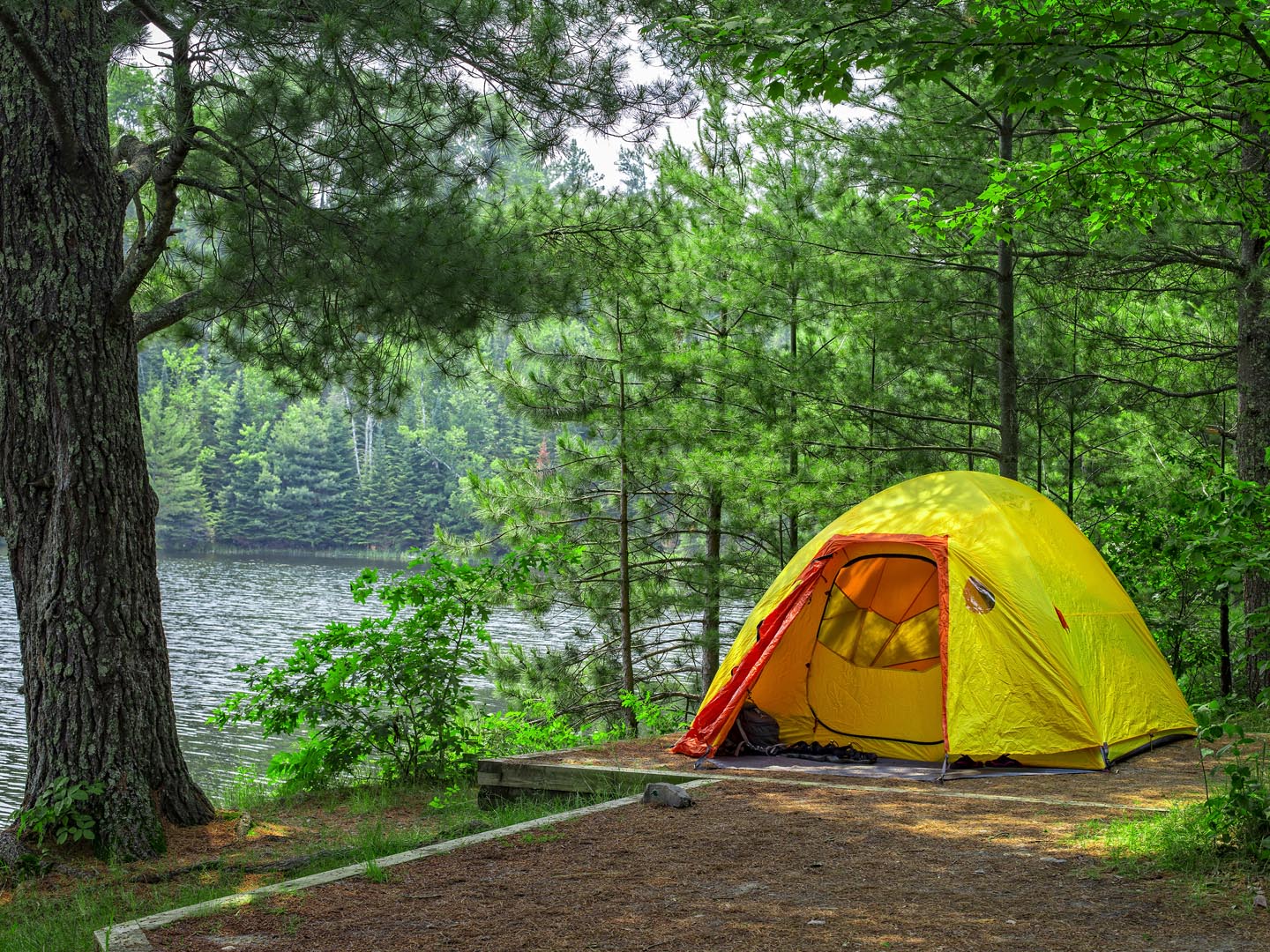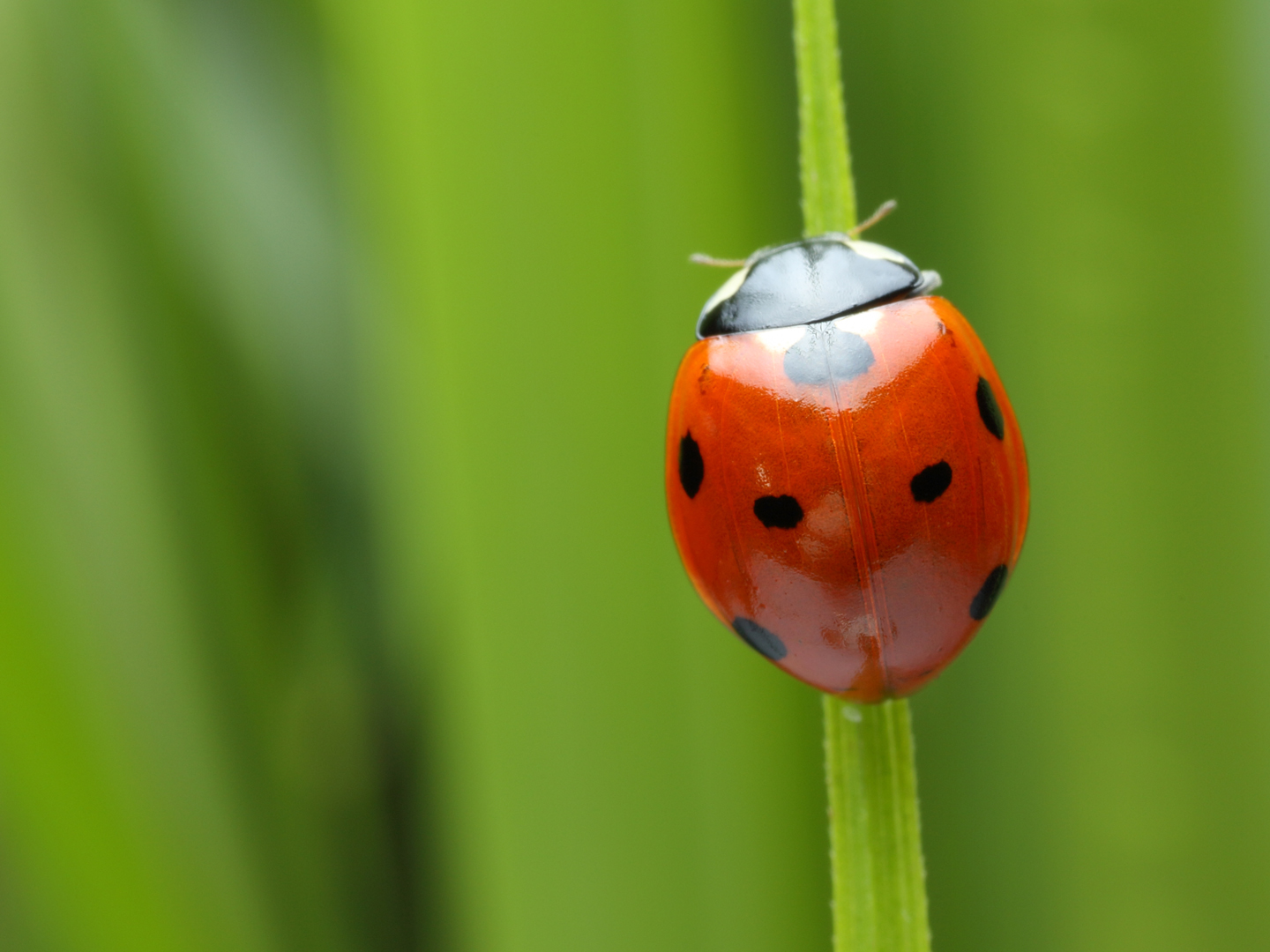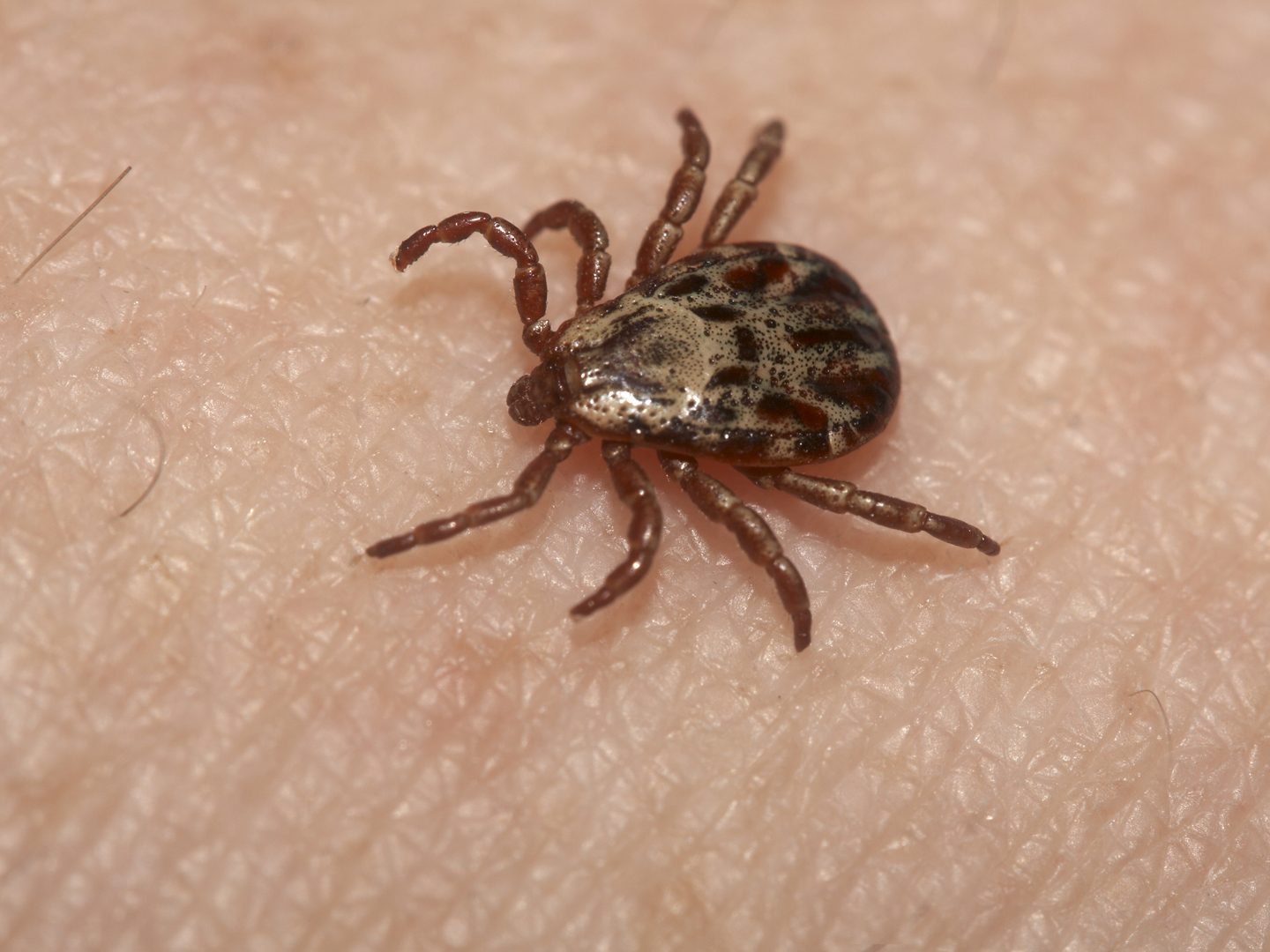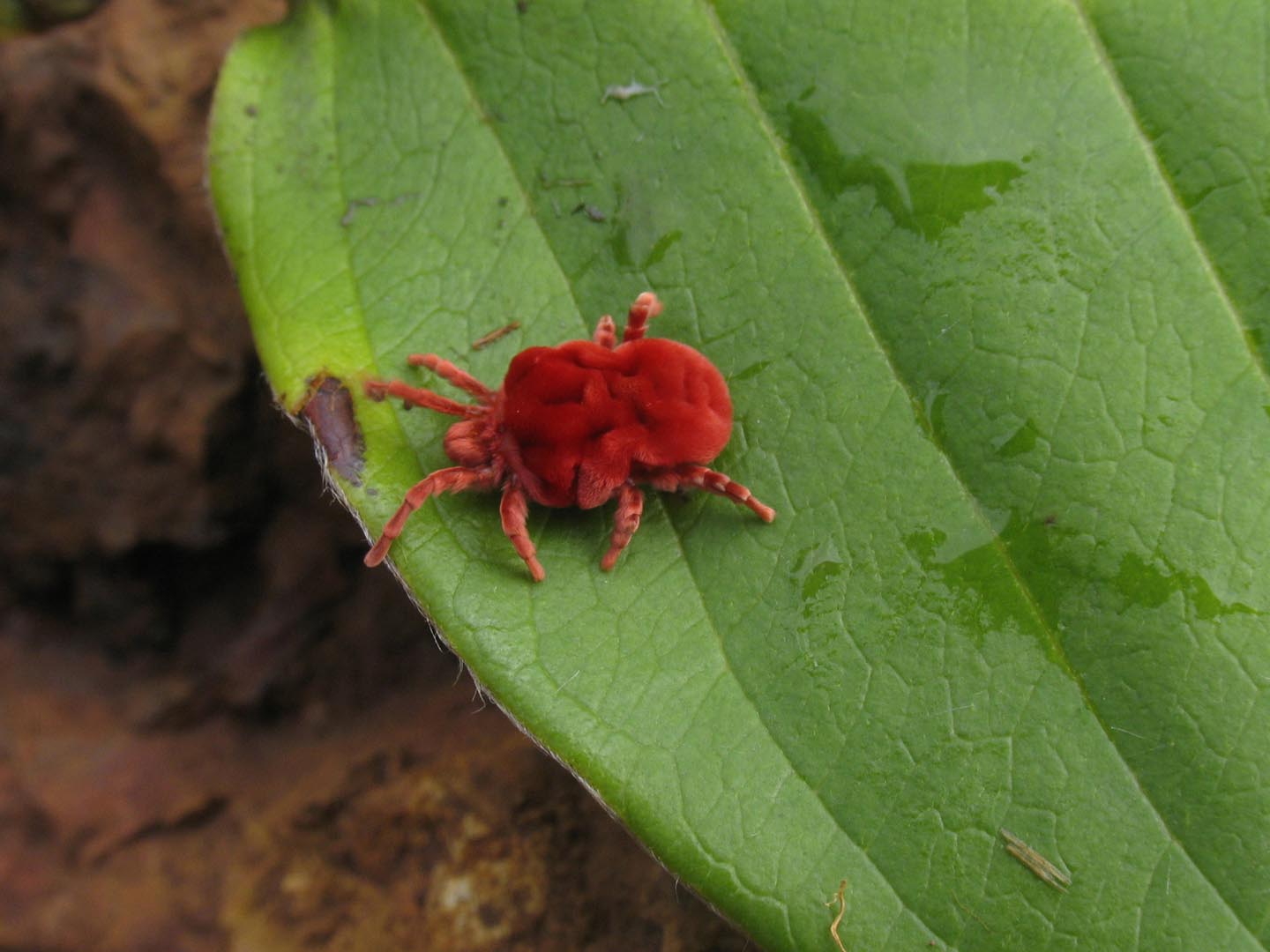Bed Bugs Biting?
My neighbor in my apartment building has discovered bed bugs. I’m horrified. What can I do to prevent them moving next door? And how can you get rid of them?
Andrew Weil, M.D. | November 24, 2009
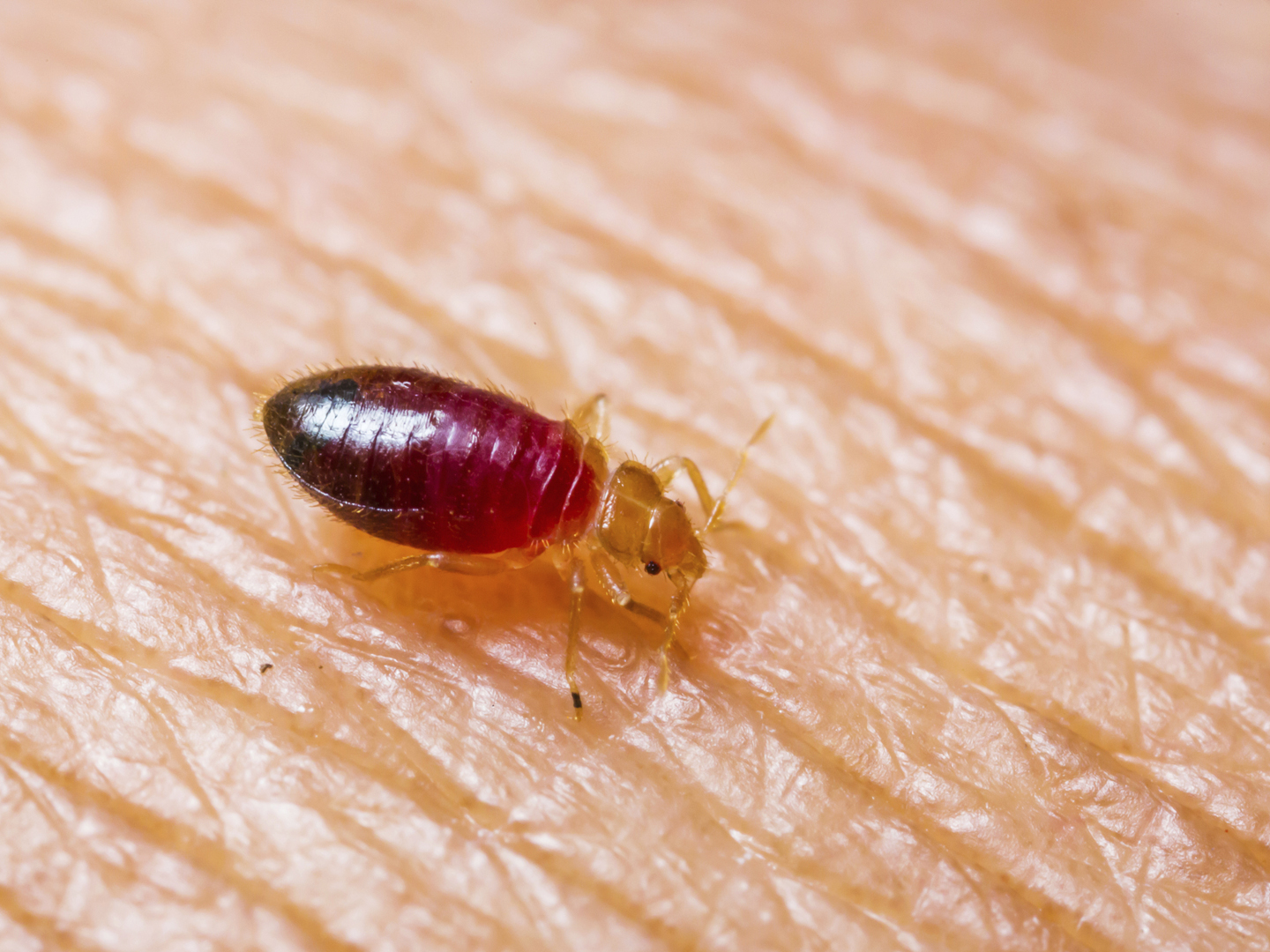
Bed bugs (Cimex lectularius) are oval, flattened, brown, wingless insects that are about 1/4 inch long. After more than 20 years of near extinction, bed bugs now seem to be everywhere in the U.S., so much so that the Environmental Protection Agency (EPA) held a “summit” in April, 2009, to discuss what is now regarded as a “major problem.” The reason for the big uptick in bed bug presence seems to be increased international travel – these pests are hitching rides in our luggage.
Bed bugs are tiny, blood-sucking insects. They feed on humans at night and then hide during the day, usually in cracks in bed frames and mattress box springs, but also in lamp bases, clock radios, and televisions, as well as between the pages of books. They’re certainly not limited to flophouses – they’ve been found in upscale restaurants and five-star hotels.
Suspect bed bugs when you get up in the morning and see red welts on your skin, or blood and orangish-brown spots of bug feces on pillows and sheets. You may also notice an unpleasant, pungent odor. And, of course, you may catch sight of the bugs themselves; if so, here’s how to identify bed bugs.
The good news is that bed bugs don’t transmit disease – they’re certainly unpleasant to have around, but they don’t pose a health risk.
Getting rid of bed bugs isn’t easy. They seem to be developing resistance to most natural pesticides, but an entomologist who spoke at the EPA bed bug summit said that one still seems to work: a plant oil called IC2 made by EcoExempt. Another relatively new natural product, Nature’s Avenger Bedbug Killer, contains peppermint and clove as the active ingredients. (The fact that a pesticide is natural doesn’t necessarily mean it is safe. Please use caution with any compound, especially around children and those with asthma or other respiratory problems.) If you call in professionals, ask them to first try pumping hot air into your bedroom – bed bugs can’t survive extreme heat.
To prevent an infestation, try these measures:
- When traveling, check behind hotel bed frames and under mattress covers for orangish-brown fecal spots.
- When you get home, wash all your clothes in hot water and store suitcases in a plastic bag in a hot car trunk or attic.
- Use a mattress cover designed to suppress bed bugs.
Andrew Weil, M.D.






